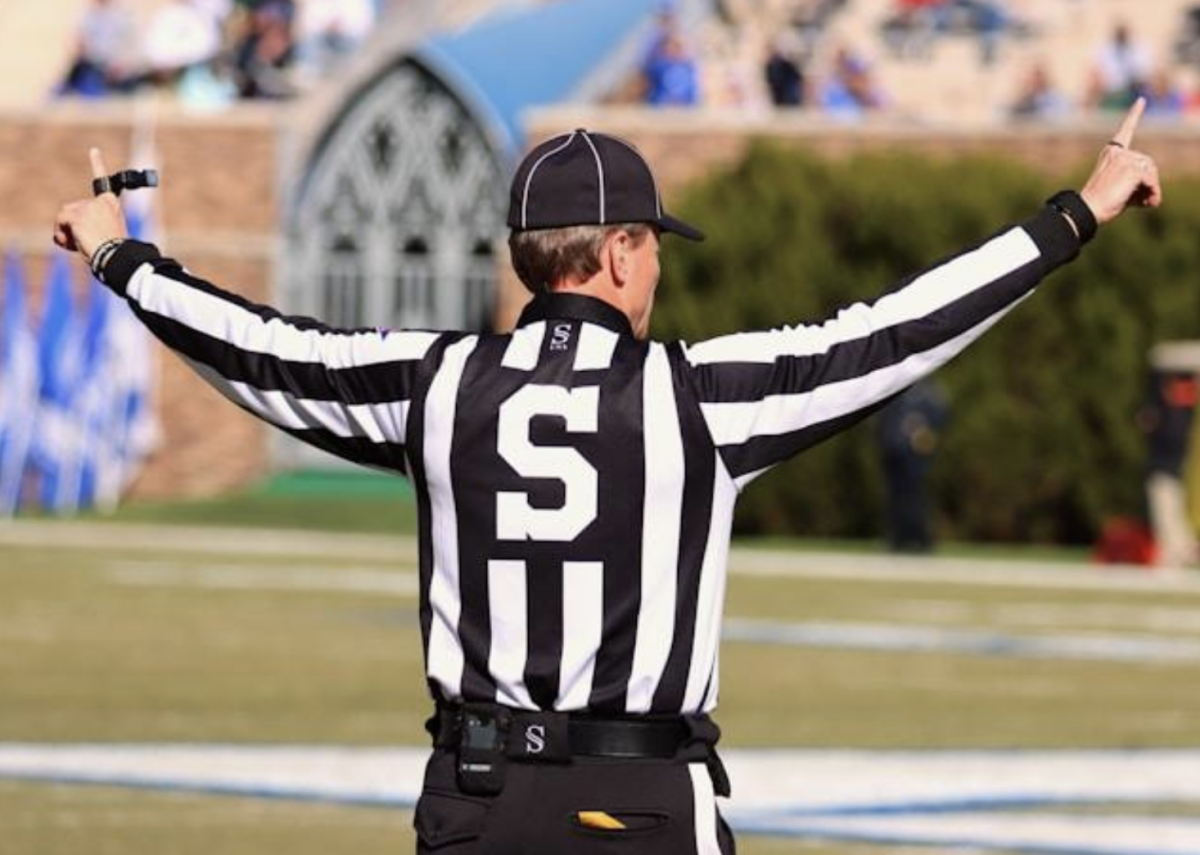Henry: For a culture that hates addiction, we drink a lot of caffeine
March 27, 2022
Editor’s Note: All opinion section content reflects the views of the individual author only and does not represent a stance taken by The Collegian or its editorial board.
There is nothing quite like a nice cup of coffee to get the day started, at least according to the about 150 million American coffee drinkers. It provides a nice burst of jitters to get us just anxious enough to pull through the day and helps avoid the headache that comes when the caffeine deprivation kicks in.
We do this to ourselves pretty much every day despite the drawbacks.
There are many types of chemical dependencies in the world, including addiction to caffeine. Caffeine dependency is very common among adults and naturally lures in those who stay up late to study for an exam and wake up early to take said exam: college students. Caffeine gives just enough boost to stay awake, but after a while, the brain’s biochemistry adjusts to this artificial energy, thus initiating a toxic relationship between the brain and caffeine.
Growing up, we’ve all been lectured on the harmful effects of addiction and dependency from the same adults that were simultaneously working on gulping down their second pot of coffee that day.
There is no doubt that other substances such as cocaine — which was used medically back in the day — are arguably worse for the brain than caffeine due to their potency. The strange thing is that many adults are dependent on caffeine, and it is simply normalized within our culture despite the social adversity to addiction.
“Does caffeine make a huge impact on your life? If not, you should be fine to carry on your habit, but if you find yourself in a cycle of lacking sleep but needing caffeine to wake up or wind up drinking five energy drinks within a day, you might want to cut back a bit.”
“There’s actually a distinction (between) drugs that are considered … foods versus substances of abuse,” said Mark Prince, an assistant professor and associate director of addiction counseling at Colorado State University. “So alcohol use disorder in places like Italy (is) much lower because it’s sort of normalized in the culture as … a food rather than as a drug. Caffeine is like that, too.”
Prince defines a cup of coffee in the morning as “habitual use,” which is not always problematic.
While most of us may not be addicted, caffeine does have addictive qualities. The fact that it typically does not disrupt everyday activities, Prince said, can lead people to be more prone to developing a dependency.
Even with habitual use, the brain still typically develops some form of dependency, and Western culture is happily accepting of it, especially in a higher education environment. Starbucks, Dutch Bros and mom and pop coffee shops stand at lots of corners around Fort Collins, and we eat it — or drink it — up. To these places, we take friends, family and dates, usually have a good time and yet simultaneously build a monument for a dependency on caffeine in our brains.
Just because it is normalized, does that make it OK? Should we put our brains at risk of dependency for a chemical that everyone generalizes as normal? Most of us — including myself — already have, but should we continue?
The true answer is a hard “maybe.” Does caffeine make a huge impact on your life? If not, you should be fine to carry on your habit, but if you find yourself in a cycle of lacking sleep but needing caffeine to wake up or wind up drinking five energy drinks within a day, you might want to cut back a bit.
Reach Brendan Henry at letters@collegian.com or on Twitter @BrendanHenryRMC.







